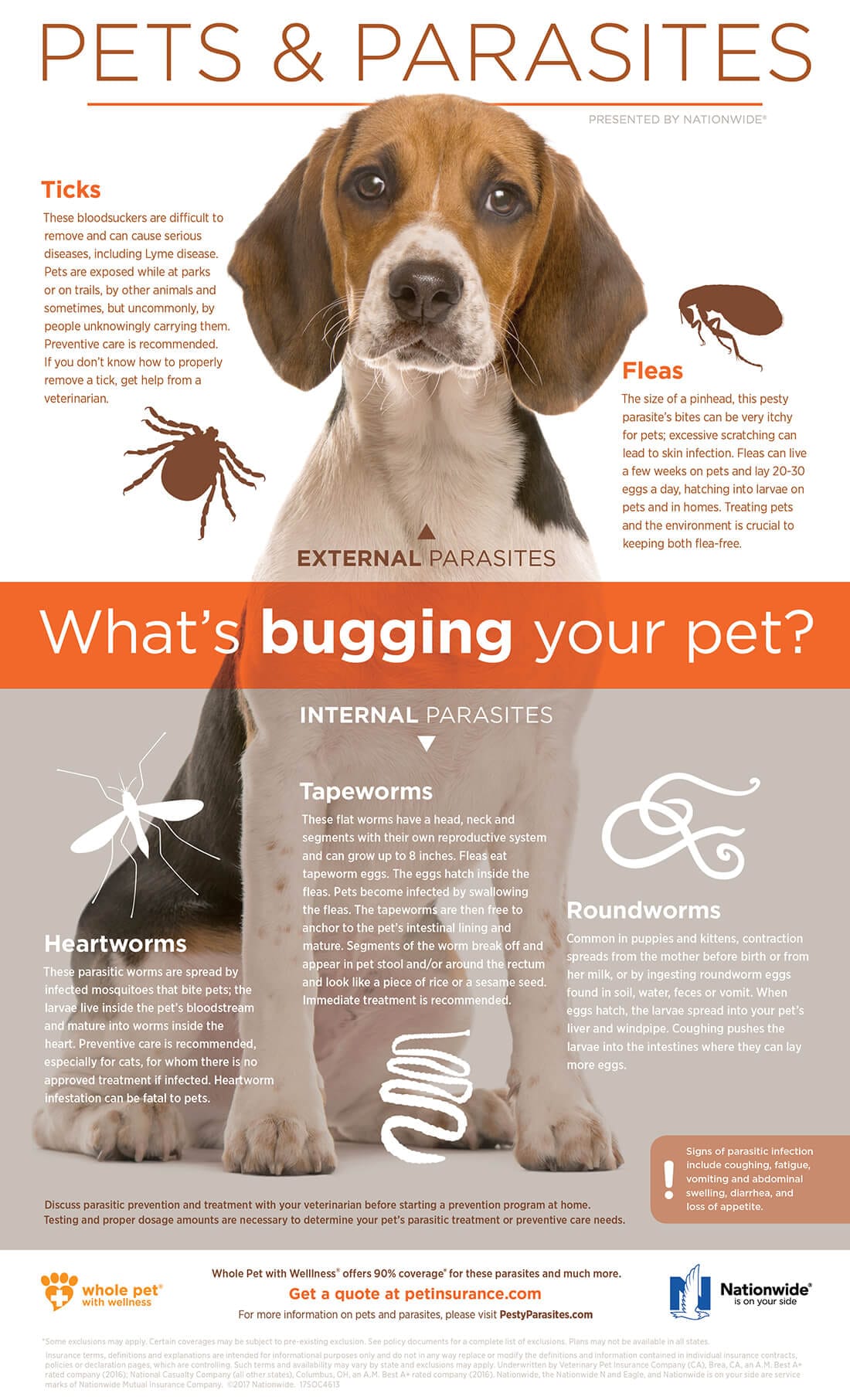The bond between humans and their canine companions is profound, often blurring the lines between pets and family members. This deep connection extends to sharing living spaces and even, unintentionally, parasites. A common and valid concern for many pet owners is: “Can humans get worms from dogs?” Understanding the ways parasites can transfer is the first step in safeguarding the health of both your furry friends and your family. At Boulder Veterinary Hospital in Boulder, CO, we are dedicated to equipping pet owners with essential information to prevent the transmission of parasites and maintain overall well-being. For professional guidance or to address concerns, please call us at (303) 442-6262 or schedule an appointment online.
Understanding Worm Transmission
Parasites, including various types of worms, can indeed pass from animals to humans through several pathways. Recognizing these modes of transmission is critical for effective prevention strategies.
Direct Contact with Contaminated Feces or Soil
One of the primary routes for worm transmission is through direct contact with infected dog feces or contaminated soil. When a dog harbors intestinal worms, their feces can contain eggs or larvae. If a person, particularly a child, comes into contact with these contaminated materials and subsequently touches their mouth or food without proper handwashing, infection can occur. This makes diligent hygiene, especially in households with young children, paramount. [can roundworms in dogs be passed to humans]
Ingestion of Contaminated Food or Water
Worm eggs or larvae can contaminate water sources or food items that have been exposed to infected feces or soil. Consuming such contaminated food or water is another significant way humans can contract worm infections from dogs. Ensuring that food and water sources are kept clean and that pets do not defecate in areas where food is prepared or consumed is vital.
Common Worms Transmissible from Dogs to Humans
Several types of intestinal parasites that infect dogs can also pose a risk to human health. Familiarizing yourself with these common culprits is essential for early detection and prevention.
- Roundworms (Toxocara canis): These are among the most frequently transmitted worms from dogs to humans. In humans, roundworm larvae can cause a condition called visceral larva migrans (VLM). The migrating larvae can potentially damage internal organs, including the liver, lungs, and eyes, leading to serious health complications if not treated.
- Hookworms (Ancylostoma caninum and Uncinaria stenocephala): Hookworms can also be transmitted to humans, typically resulting in cutaneous larva migrans (CLM). This condition manifests as intensely itchy, red, raised tracks on the skin as the larvae burrow and move beneath the surface. While generally less severe than VLM, CLM can be uncomfortable and prone to secondary bacterial infections from scratching.
- Tapeworms (Echinococcus spp. and Dipylidium caninum): Although less common, certain types of tapeworms can be passed from dogs to humans. The transmission of Dipylidium caninum, the most common dog tapeworm in many regions, usually occurs through the accidental ingestion of an infected flea that carries tapeworm larvae. Infection with Echinococcus species is rarer but can lead to serious cystic or alveolar hydatid disease in humans, which can affect the liver, lungs, and other organs. [how can humans get tapeworms from dogs]
Effective Prevention Strategies for Pet Owners
Protecting your family and pets from worm transmission requires a multi-faceted approach, integrating consistent personal hygiene, diligent pet care, and environmental management. Implementing these actionable tips can significantly reduce the risk.
Regular Veterinary Check-ups and Deworming
Maintaining a consistent schedule for your dog’s veterinary visits and deworming treatments is fundamental. Regular check-ups allow your veterinarian to detect potential parasite issues early and administer appropriate preventative care. Boulder Veterinary Hospital offers thorough examinations and can tailor a deworming protocol best suited for your dog’s lifestyle and health needs.
Strict Personal Hygiene Practices
Washing hands thoroughly and frequently is a cornerstone of preventing parasite transmission. This is especially important after handling pet waste, gardening in potentially contaminated soil, or simply after interacting closely with your dog. Educating children about the importance of handwashing after playing with pets or outdoors can drastically lower infection risks. [what happens if you get worms from your dog]
Maintaining Environmental Cleanliness
Prompt and proper disposal of pet waste is crucial for preventing the spread of worm eggs. Keeping your home and yard clean minimizes the potential for worm eggs to contaminate living spaces and recreational areas. Regular cleaning of your dog’s bedding and toys also contributes to a healthier environment.
Recognizing the Need for Veterinary Care
If you observe any signs that suggest your dog might be suffering from a worm infestation, it is imperative to seek professional veterinary attention without delay. Common indicators of worms in dogs can include the presence of visible worms or segments in their stool, unexplained weight loss, a noticeably distended abdomen, lethargy, vomiting, or changes in appetite. At Boulder Veterinary Hospital, our experienced team is prepared to offer expert diagnosis, treatment, and advice on preventing and managing worm infestations in your pets. Safeguarding your family’s health is intrinsically linked to the well-being of your pets. Should you have any concerns or wish to schedule an appointment, please call us at (303) 442-6262 or book online. [can humans get worms from their dog] [can humans get worms from cats and dogs]

